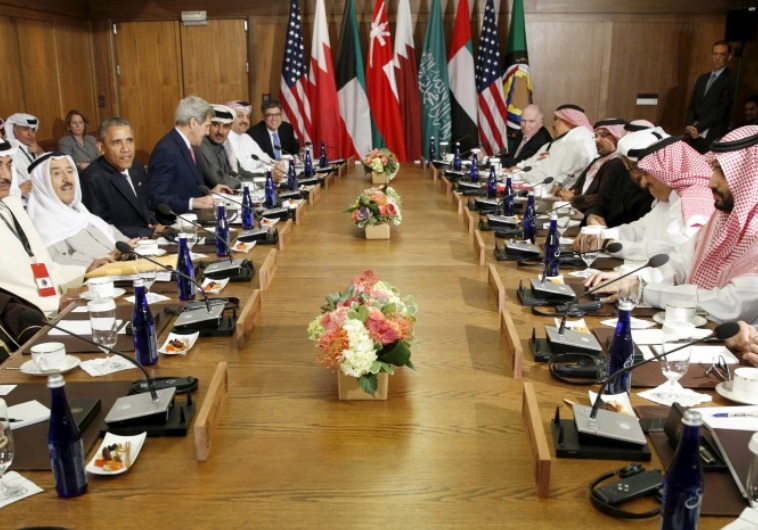There is nothing glamorous about ‘Migrant Chic’
Yara al-Wazir/Al Arabiya/October 11/15
This week, Hungarian photographer Norbert Baksa disrespected refugees by photographing fresh-faced models taking selfies along barbed wire. After sparking outrage on Twitter, Baksa removed the photo series from his website, but the photographs can still be viewed online.The installation was labelled ‘Des Migrant,’ or ‘migrant chic.’ However, there is nothing chic about being a migrant, about walking hundreds of kilometers across borders while fearing for your life.
Universal language
Photography is one of the primary reasons behind the recent European attention given to the refugee crisis. The photographs of Syrian toddler Aylan Kurdi washed up on a Turkish shore finally humanized the situation. Photographs of refugee camps are powerful and heart-breaking. The world does not need studio-built refugee camps, skinny models and staged shots to raise awareness. If anything, they dehumanize the situation. there is nothing chic about being a migrant, about walking hundreds of kilometers across borders while fearing for your life. Photography is an international language, and photographers need to continue highlighting human suffering. This comes through being on the ground to document the situation, whether from the photographer’s point of view or the victim’s. Instead of creating art about refugees, they can be given the opportunity to create art themselves. This raises awareness of their plight, and is a recognized form of therapy. Three-dimensional installations are also valid forms of raising awareness, so long as they do not mock the situation. This is what British street artist Banksy did through his installation Dismaland, which brought together more than 100 artists, some of them refugees, to create political art. Tickets sold out within minutes. Afterward, the artists decided to turn the installations into refugee camps in France.
Forging the future of the Arab world
Raghida Dergham/Al Arabiya/October 11/15
It is time to take a lead in shaping the future of the Arab world.
For too long, there has been a sense of frustration and resignation among even the brightest, young and old, when it comes to reversing the untenable status quo in the region. It is for this reason that I started developing the Beirut Institute in 2010. I was pained by the sense of disillusionment in the region – something manifested in either nonchalance or complaint. We have organized this timely and imperative summit to take the lead in contemplating the future of the Arab region. With the advent of 2011, the Arab region experienced a renewed impetus for change. And now, more than ever, we need to step up. We will no longer be idle bystanders; we will repeal past patterns of submission and resignation and replace them with ambition and enthusiasm to engage among ourselves and with the wider world.
Sustainable impact
The foundations for the Beirut Institute have taken shape with the help of brilliant firms and strategists, who understood the value of a cutting-edge Arab think tank that is indigenous, forward looking, solution-driven and intent on achieving a sustainable impact on local and global policy.
Independent and non-partisan, with activities and events in multiple locations across the Arab world and globally, the Beirut Institute will be a catalyst for inter-generational, innovative, solution-oriented thinking for current and future policy opportunities and challenges affecting the region and its place in the world. Designed as a collective of expertise, the Beirut Institute will provide a dynamic platform for enlightened thinkers to shape the debate and develop influential strategies pertaining to global policy, governance, innovation, women, youth aspirations and education, to name a few. The Beirut Institute will not dwell on failures or handicaps. Instead, our task is to think of innovative solutions to the current challenges and to devise strategies for future opportunities. We will not simply settle in predictions; we will instead take on the challenge of thinking thoroughly through all options and means. Collective brilliance and passion, coupled with persistence and resilience, can enhance Arab discourse towards moderation locally, and place Arabs on the map as effective and influential players globally. Beirut Institute will achieve this through strategic partnerships with like-minded institutions globally, and intends on becoming a pivotal destination for those interested in transforming the Arab region and its relations with East and West.
Abu Dhabi summit
All the building blocks are in place. While sustaining the Institute is ultimately dependent on securing the necessary funds, the official inauguration of the Beirut Institute will take place in early spring, in Lebanon. Before that, today marks the start of the Beirut Institute Summit in Abu Dhabi, entitled ‘Reconfiguring the Arab Region and its Global Space beyond Political Economy and Security Threats’.Arab and international leaders will offer their intellectual input on transformations that the region is undergoing, with the two-day summit ending with The Beirut Institute Abu Dhabi Declaration. That declaration will relay policy options and recommendations generated during the summit to decision-makers in the region and beyond.We have organized this timely and imperative summit to take the lead in contemplating the future of the Arab region – a region that is undergoing rapid and historic change. Interactive open plenary sessions will discuss critical matters of transformation occurring in the region. This two-day summit has the potential to crystallize ideas, aspirations and the needs of the Arab region. For there is a great deal we can learn from one another – and a great deal we can achieve together.




















